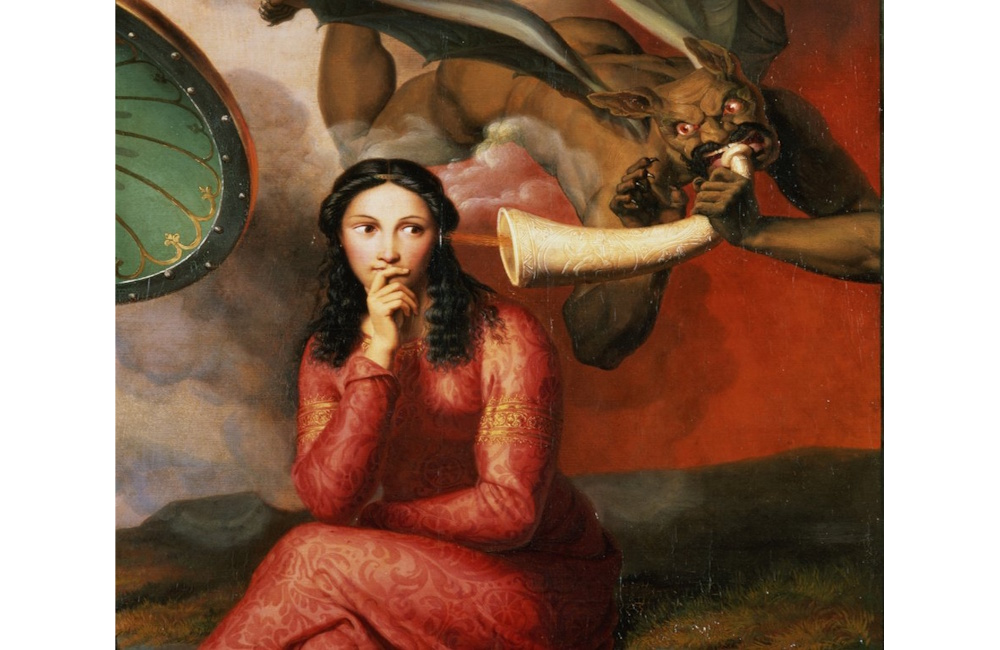The Gift of Salvation in Christ
From the very beginning, humanity has struggled with wrong choices. We lie when it is easier than telling the truth, we take what is not ours, we envy what others have, and we hurt one another with pride or anger. No matter how hard we try, our hearts are often led astray, and we cannot fix ourselves. This is why God sent Jesus Christ. Through his life, his death, and his resurrection, he offers forgiveness for all our faults and a way to be made right with God. Only in him can our hearts find true peace, our guilt be lifted, and our souls be restored. Anything that tries to take the place of this gift—any teaching that denies Jesus as God or misunderstands his sacrifice—pulls people away from the life and hope that he alone gives.
Early Heresies: Distortions Within the Church
Almost immediately after Christ’s resurrection, voices arose that sought to twist the truth of salvation. Within the Christian community, groups began to question the nature of Jesus. Arians claimed he was merely a man, not truly God. Nestorians divided him into two separate persons, human and divine, as if the mystery of the Incarnation could be dissected by human reasoning. Monophysites insisted that Christ had only a single, divine nature, denying the fullness of his humanity. These early distortions were not mere intellectual debates. They threatened the very foundation of salvation, which rests in Christ as fully God and fully man. By confusing believers about who Jesus truly is, these teachings obscured the source of life and reconciliation with God, leading hearts away from the truth.
Gnosticism: A Radical Rejection of God’s Way
Alongside these heresies arose a more radical movement: Gnosticism. Unlike disputes over Christ’s nature, Gnosticism rejected the very means by which humanity is saved. It taught that salvation came not through faith in Christ and the mercy of God, but through secret knowledge—gnosis—that only a select few could attain. It painted the material world, God’s creation, as inherently flawed or evil, and promised enlightenment through hidden wisdom rather than through Christ’s redeeming work. Those drawn to Gnosticism were seduced by the illusion of understanding, yet they strayed from the one path that grants eternal life. What appears enlightening may in fact obscure the true source of salvation in Christ.
Islam: A Later Deception
Centuries later, a new system of belief arose in Arabia. Muhammad began teaching Islam, incorporating figures from Jewish and Christian tradition, including Jesus, Mary and prophets. Yet in this teaching, the divinity of Christ was denied, and the meaning of his death as the atoning sacrifice for sin was reinterpreted. From the Christian perspective, Islam represents another diversion from the salvation that comes only through Christ. While Islam offered moral guidance and order, it could not restore humanity to God in the way that Christ’s life, death, and resurrection accomplish. What seemed righteous in its appeal ultimately pointed away from the eternal reconciliation God grants through his Son.
A Pattern of Spiritual Deception
These movements reveal a recurring pattern. Heresies, Gnosticism, and later religions such as Islam show how humanity can be misled by appeals to reason, pride, or secret knowledge. They may adopt familiar stories and symbols to appear true, yet their effect is always to divert hearts from the salvation offered in Christ. True life, forgiveness, and reconciliation with God are found only through him.
Conclusion
The lesson is clear: the path to God is narrow and demands discernment. Only through Christ can humanity be reconciled, healed, and granted eternal life. False teachings, secret knowledge, and distorted doctrines serve as warnings of how the devil works to confuse and ensnare. By recognizing these deceptions and remaining steadfast in Christ, believers can walk securely in the light of salvation, confident in the redemption offered through his sacrifice.
